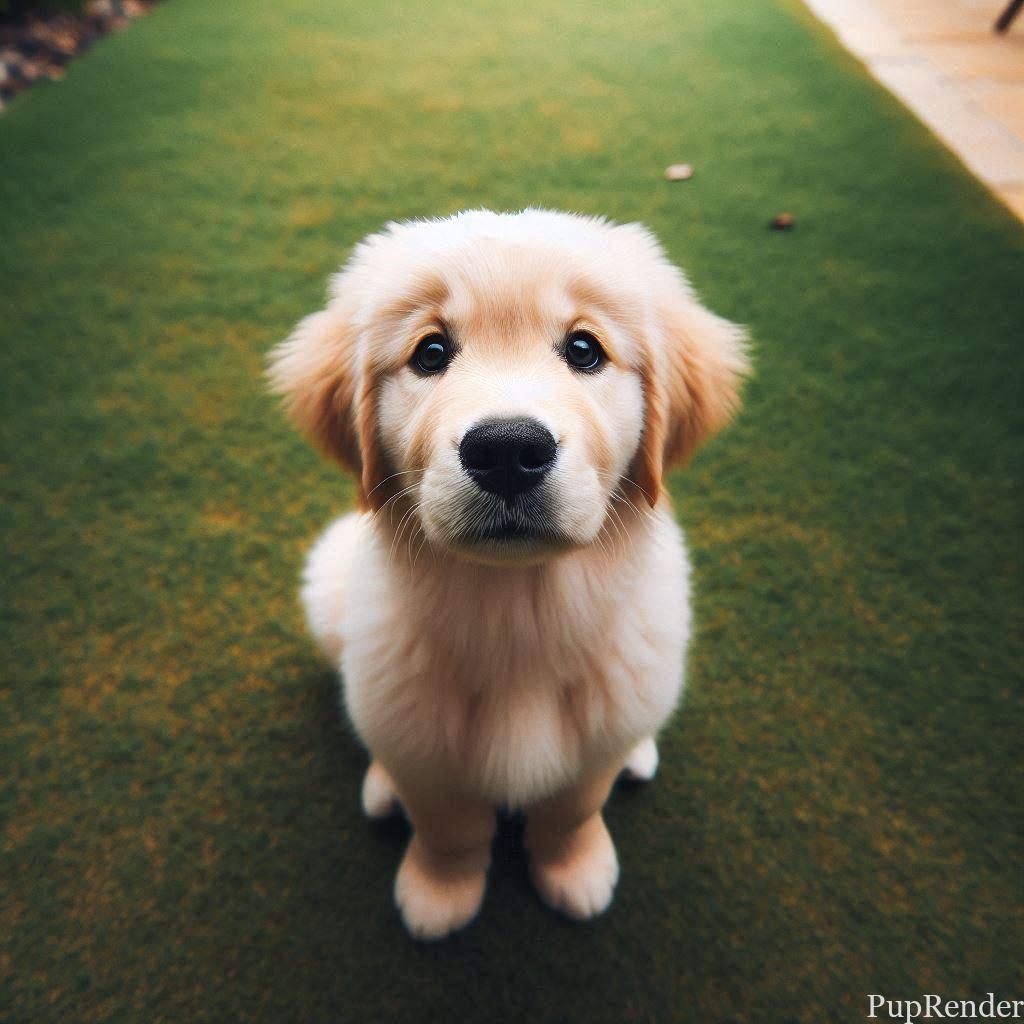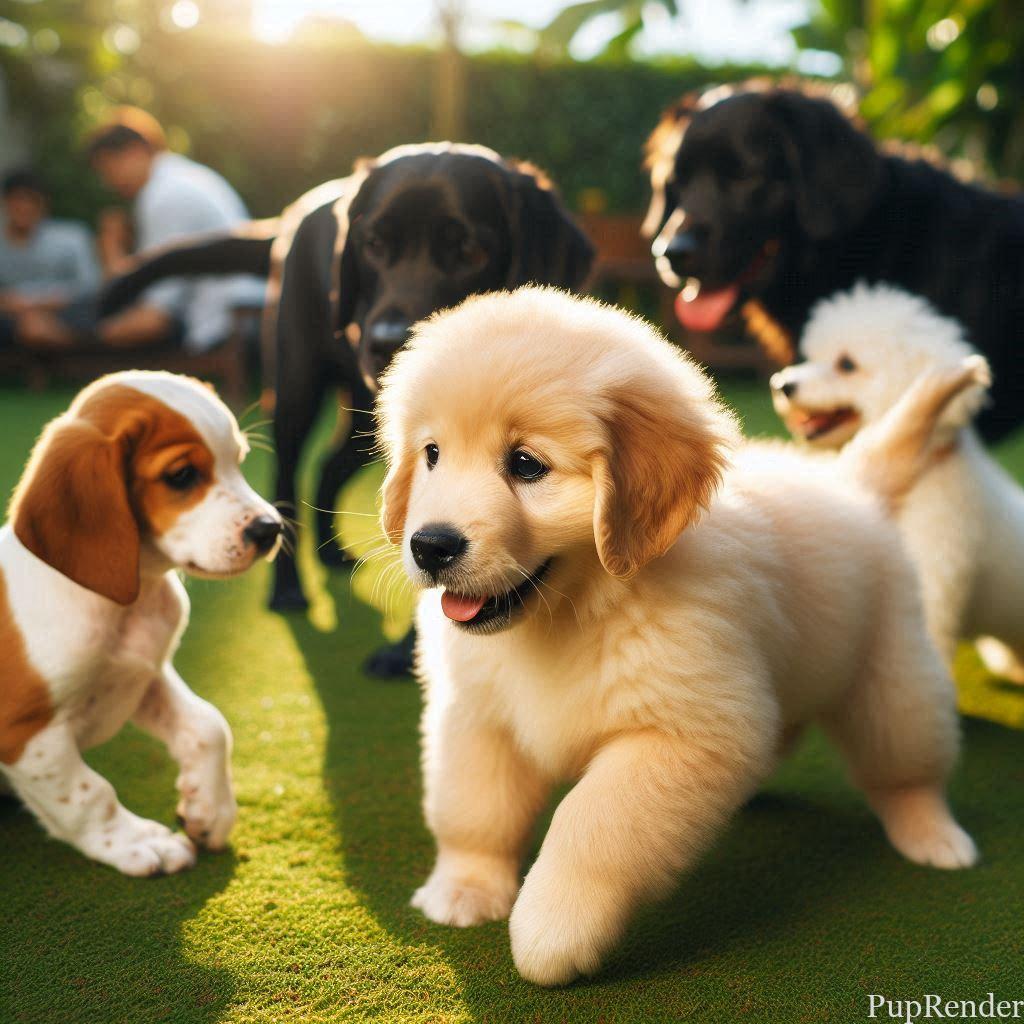How to Handle Aggression in Dogs
Aggression in dogs can be unsettling, but it is not an insurmountable challenge. By understanding its root causes and applying the right training techniques, you can help your dog become a calm and well-behaved companion. In this guide, we’ll cover how to handle aggression in dogs effectively, focusing on practical solutions for pet parents.
Understanding Dog Aggression: Causes and Types
Dog aggression often stems from fear, anxiety, territoriality, or frustration. Common types of aggression include fear-based, territorial, protective, and redirected aggression. Identifying the cause is the first step in addressing the issue.
If you’re dealing with behavioral issues beyond aggression, you may find our post on How to Handle a Dog’s Behavioral Issues helpful.
Recognizing Early Signs of Aggression
Understanding the signs of dog aggression is key to intervening early. These signs may include growling, snapping, snarling, or showing teeth. Dogs may also exhibit more subtle body language, such as stiffening or staring. Recognizing these signals helps prevent escalations and ensures safe interactions.

How to Respond to Aggressive Behavior
The best response to dog aggression depends on the type and cause. Always remain calm. Yelling or punishing the dog may worsen the behavior. Instead, remove the dog from the trigger if possible, and practice desensitization techniques.
Consider enrolling your dog in a positive reinforcement-based training program. This method encourages good behavior through rewards, which can be particularly effective for aggressive dogs.
For more in-depth training advice, check out The Ultimate Dog Training Tips No One Told You.

Preventing Aggression with Early Socialization
Socialization is one of the most effective ways to prevent dog aggression. Exposing your dog to different environments, people, and other animals from an early age helps reduce fear-based aggression.
If you’re raising a puppy, don’t miss our guide on the Benefits of Early Socialization for Puppies.
The American Society for the Prevention of Cruelty to Animals (ASPCA) provides an excellent resource on managing aggressive behavior in dogs.

Seeking Professional Help: When to Call a Behaviorist
If your dog’s aggression is severe or you’re not seeing progress with basic training, consider consulting a certified animal behaviorist. These professionals can create a tailored plan to address your dog’s specific aggression triggers.
For help finding the right professional, read How to Find the Right Vet for Your Dog.





